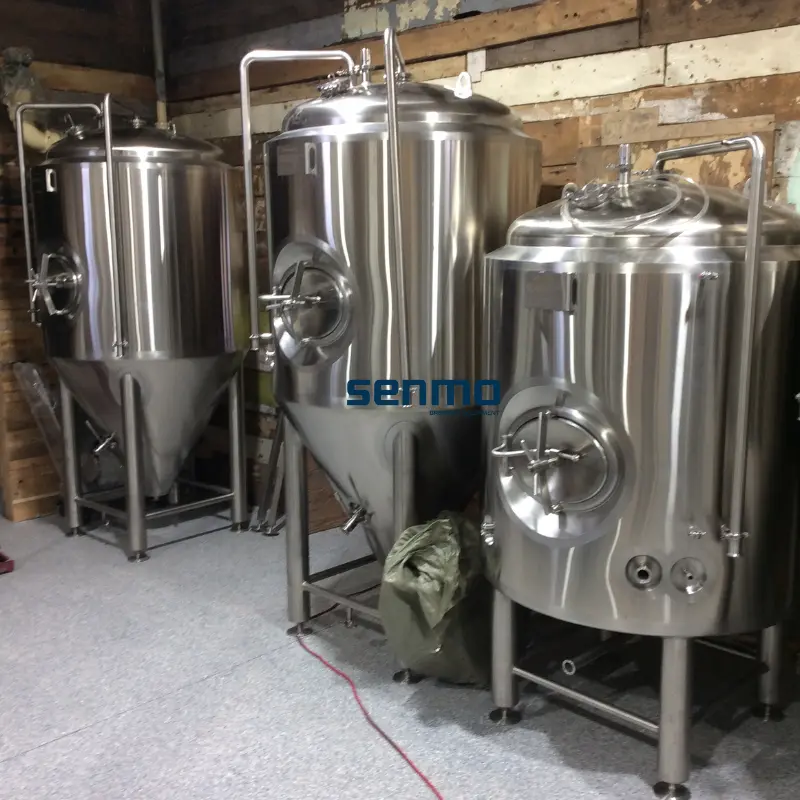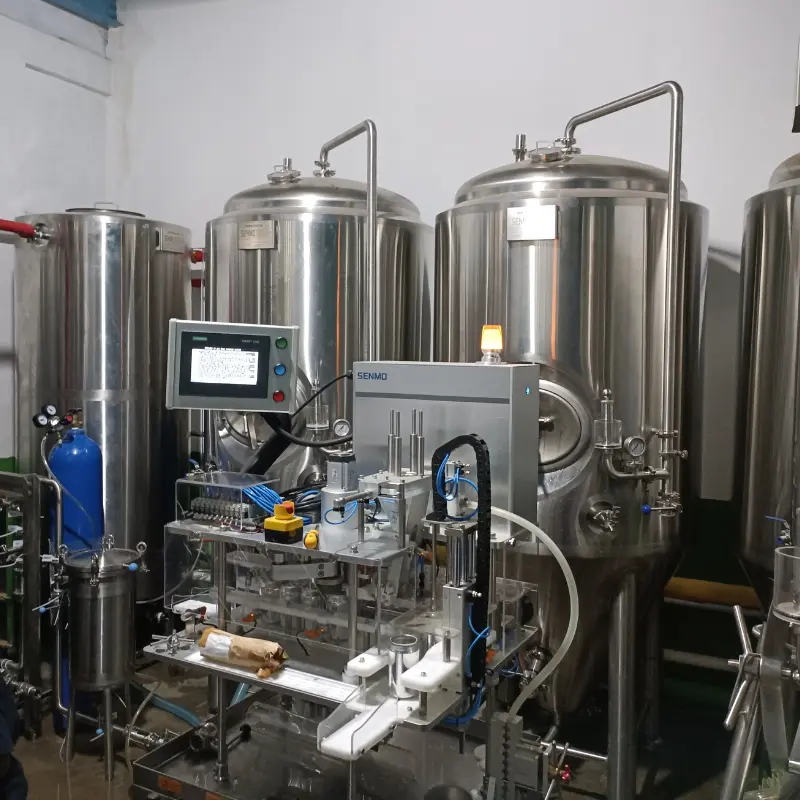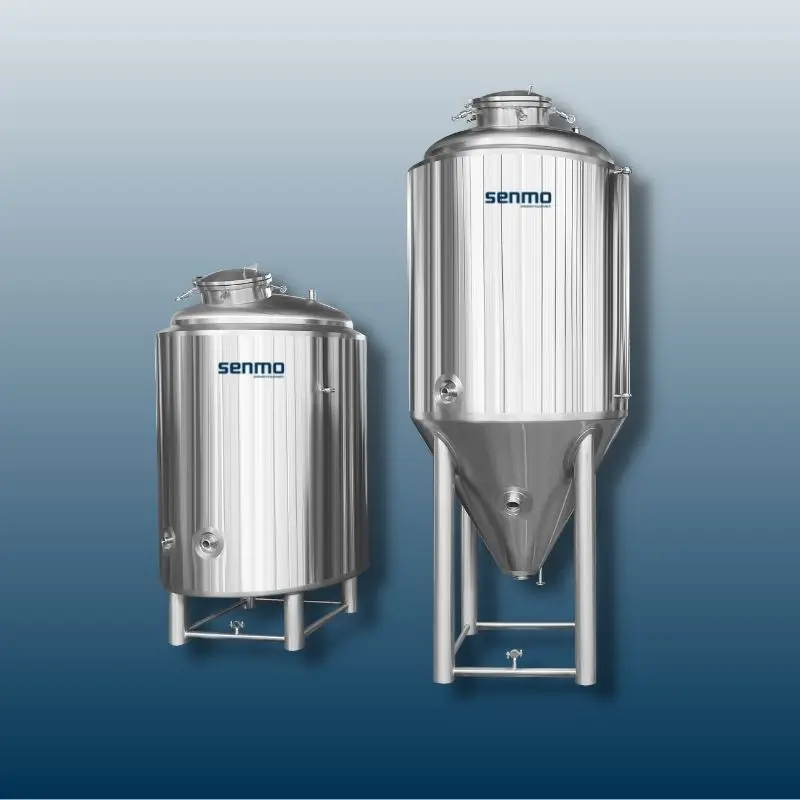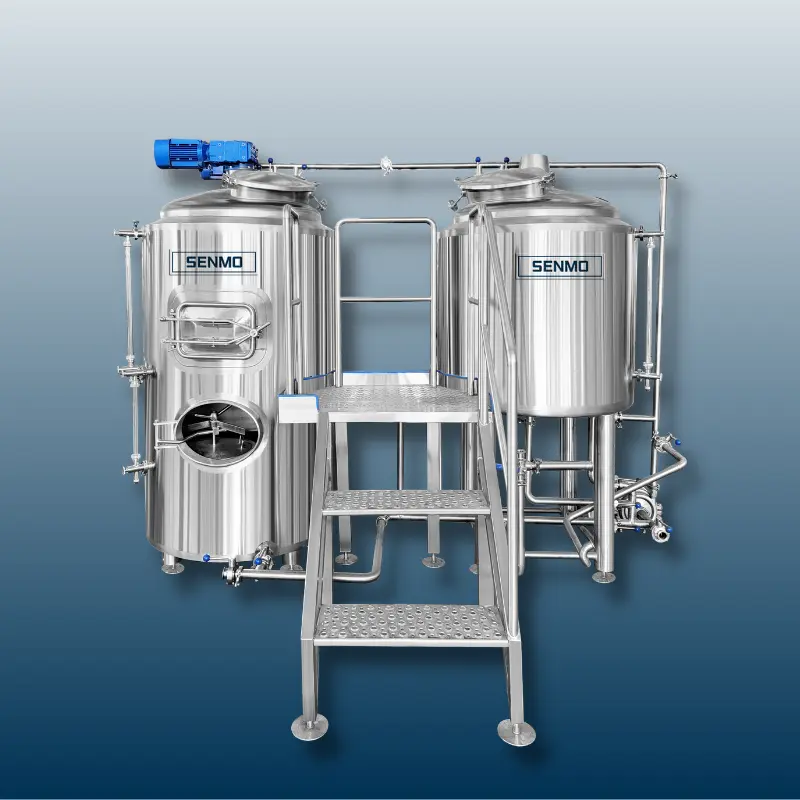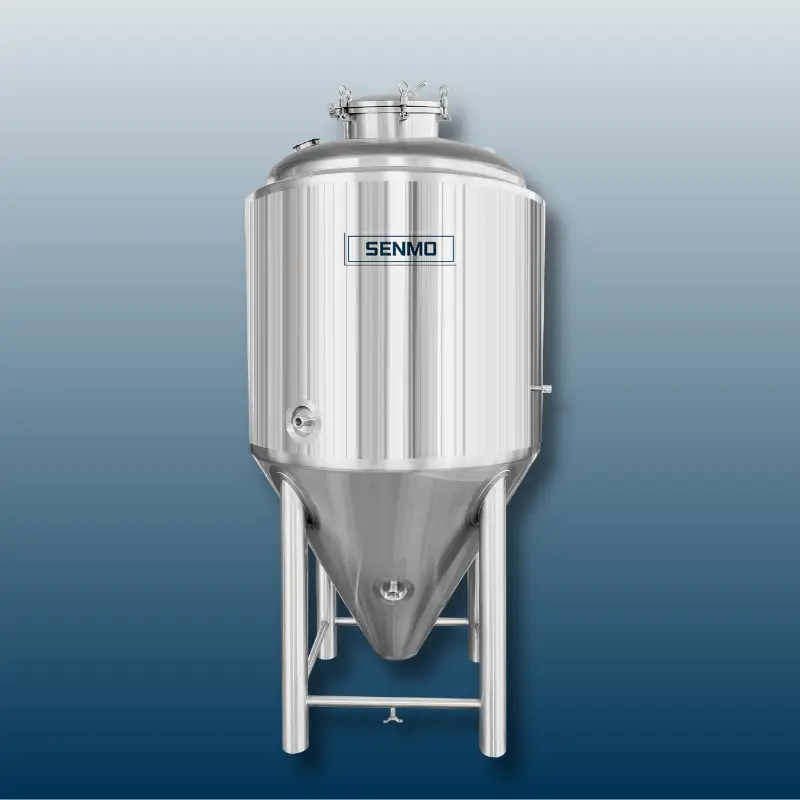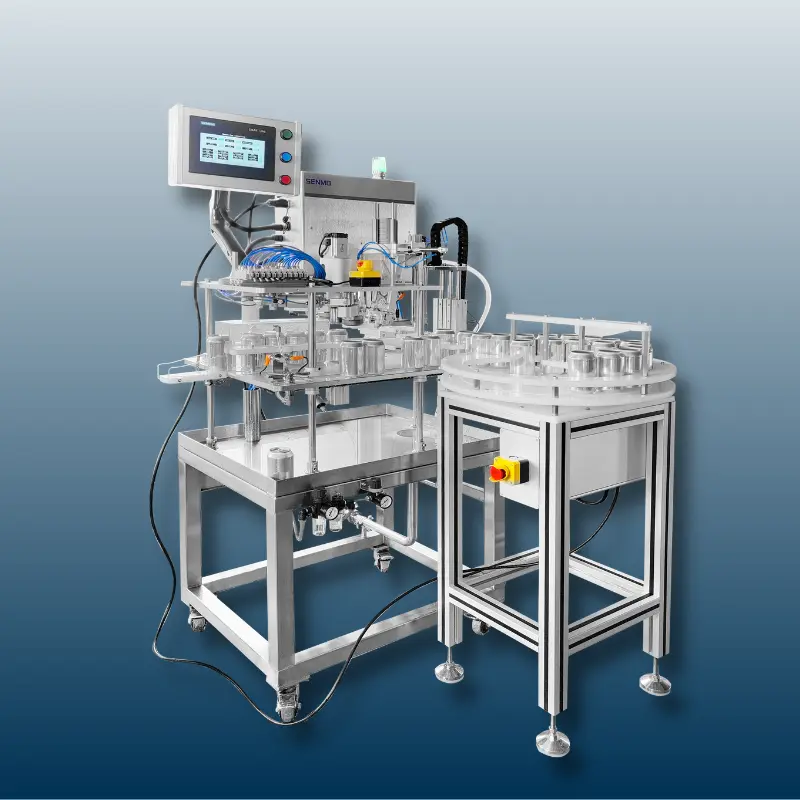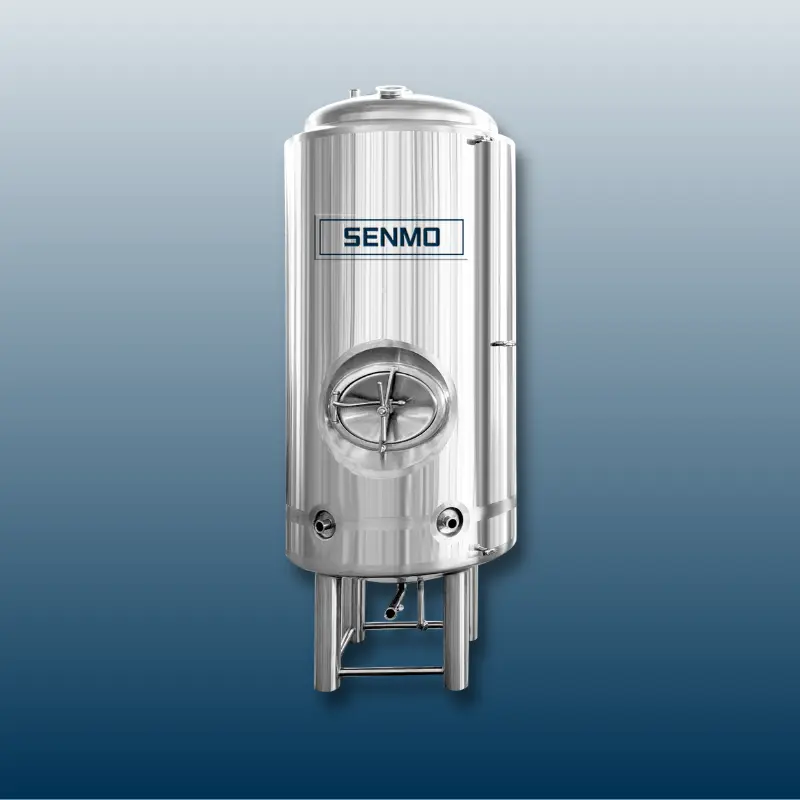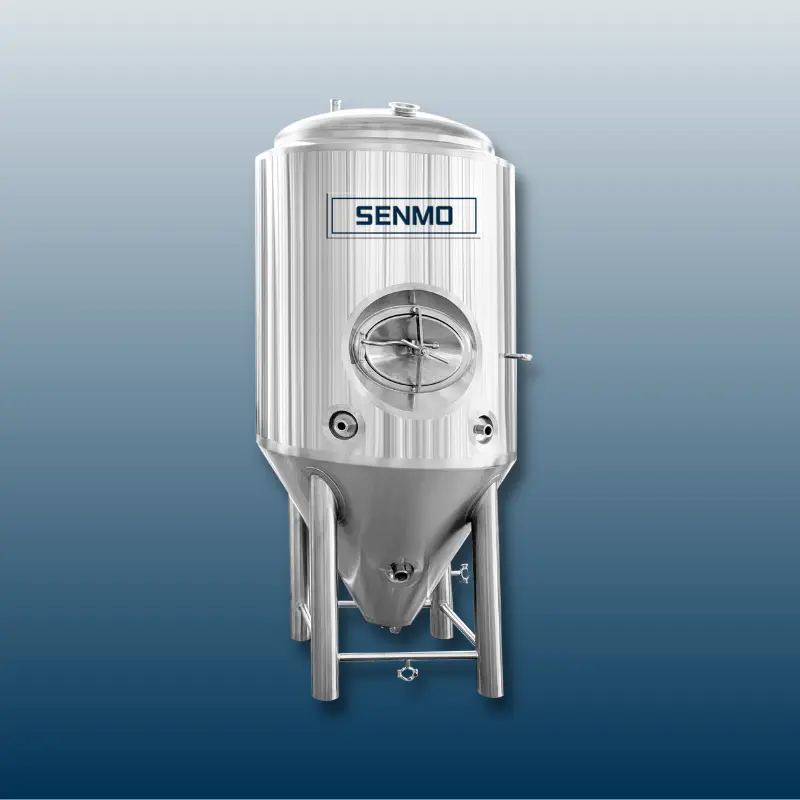The beer fermentation system is a vital part of a brewery's operations. It is responsible for the conversion of the wort (unfermented beer) into beer. The system typically consists of several tanks, pipes, pumps, and other components. It is typically divided into two parts: the mash tun and the fermentation tank.
The mash tun is the first step in the beer fermentation process. It is a large, insulated container where the wort is mixed with hot water and heated to a specific temperature. The mash is then left to sit for a period of time, which allows the enzymes to break down the starch and sugar molecules into simple sugars that can be fermented by the yeast.
Once the mash has been completed, it is transferred to the fermentation tank. The fermentation tank is similar to the mash tun, but it is designed to provide the ideal environment for the yeast to ferment the sugars. The tank is usually filled with a specific type of yeast, which will convert the sugar into alcohol and carbon dioxide. The yeast is also responsible for producing the desired flavors, aromas, and colors that characterize beer.
The beer fermentation process typically takes several days. During this time, the yeast will consume the sugars, producing alcohol and carbon dioxide. The carbon dioxide is released into the atmosphere, while the alcohol remains in the beer. After fermentation is complete, the beer is then ready to be bottled and enjoyed.
The beer fermentation system is a critical part of any brewery's operations. It is essential in producing the beer that consumers know and love. In order to ensure quality beer, it is important for breweries to invest in a reliable fermentation system that can provide consistent results.
When choosing a beer fermentation system for your brewery, there are several factors to keep in mind. First, you should consider the size of the system and the capacity of the tanks. The larger the system, the more beer it can produce. Additionally, you should consider the type of yeast that you will be using, as different strains can produce different flavors and aromas. Finally, you should think about the cost of the system, as well as the maintenance requirements.
By investing in a reliable beer fermentation system, breweries can produce quality beer consistently. With a reliable system in place, brewers can focus on developing new flavors and recipes, rather than worrying about the fermentation process. A quality fermentation system can help to ensure that your brewery produces the best beer possible.

